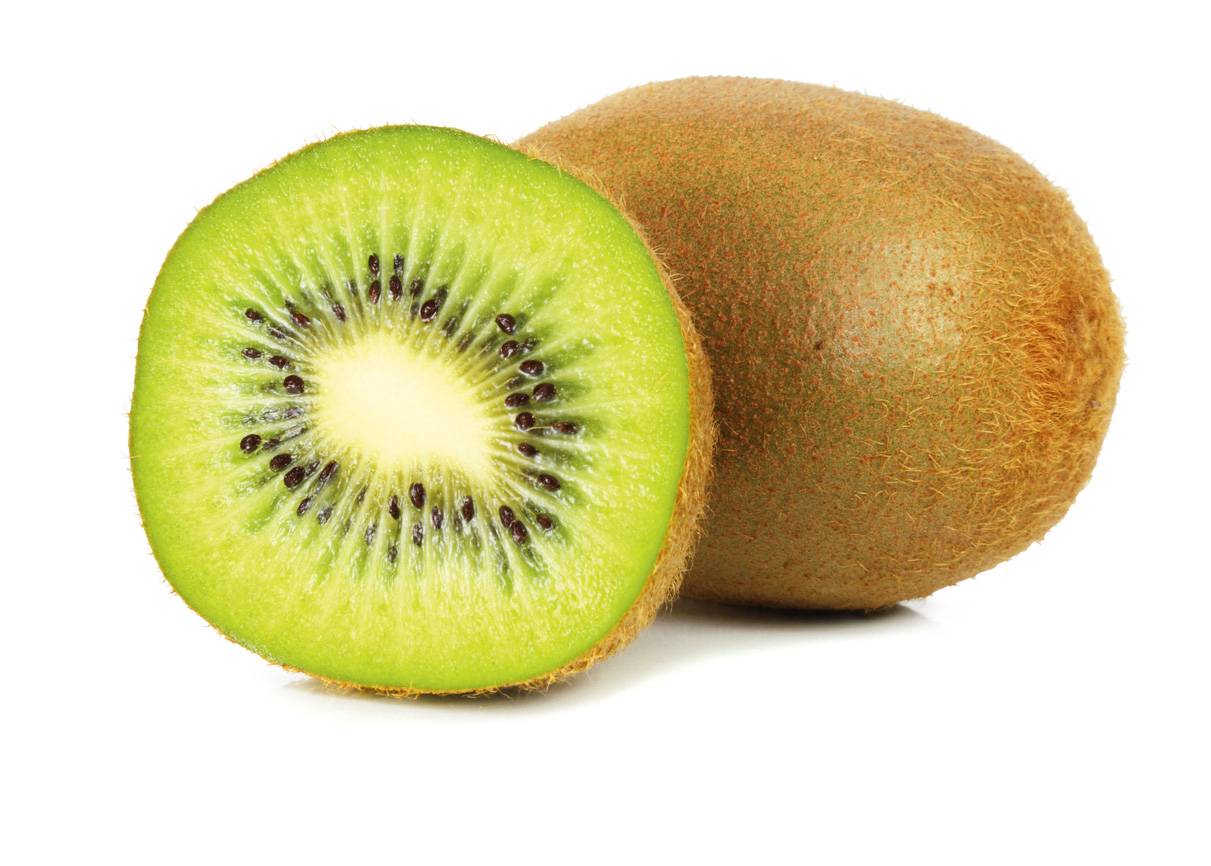You could be—it seems that cheese elicits the same chemical response in the brain as that triggered by hard drugs
By Katrina Caruso
“I could never be vegan—I love cheese too much.” I’ve heard friends and even myself say that. It’s never meat, butter, or even ice cream… it’s cheese that would be the dealbreaker. Are we all just addicted to the gouda stuff?
It turns out that cheese causes the brain to react the same way it does when a person takes hard drugs. That’s because cheese contains casomorphins, a protein fragment derived from casein, which all dairy products contain. These casomorphins latch onto the opioid receptors in the brain that heroin and other narcotics affect. This causes the brain to produce dopamine, which creates a feeling of euphoria.
In a 2015 University of Michigan study of addictive eating, researchers used the Yale Food Addiction Scale to rate a variety of foods. They also surveyed 500 students on their food cravings and found that pizza was the most-craved food and that all of the top food cravings contained cheese.
Last year, Dr. Neil Barnard, published a book titled The Cheese Trap, which discusses the harmful qualities of cheese. According to Barnard, cheddar cheese contains the highest level of casein.
To make cheese, 10 pounds of milk are needed. During that process, casein coagulates with milk fats, separating itself from liquids. This causes the casein to become more concentrated in the solid cheese.
North Americans have been consuming more and more cheese since the 1970s. In 1970, Americans consumed 11 pounds of cheese per capita. In 2015, the US Department of Agriculture stated that that figure had risen to 35 pounds per capita, with mozzarella and cheddar being the most popular cheeses.
Photo: iStock/AndreyPopov.






